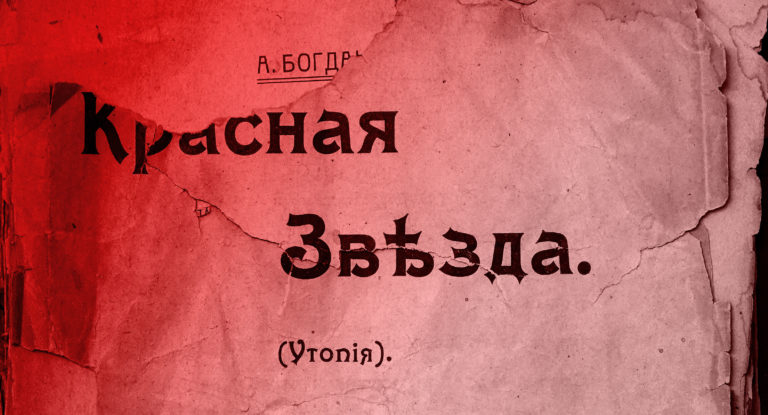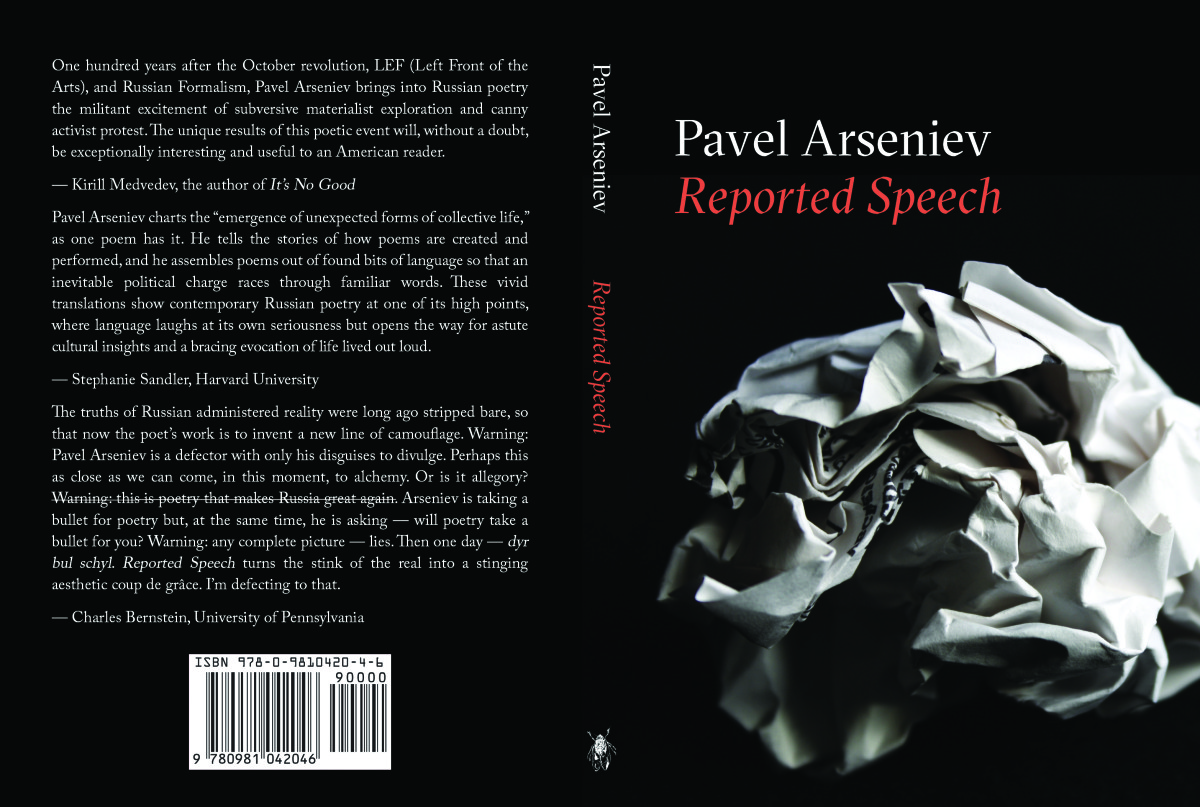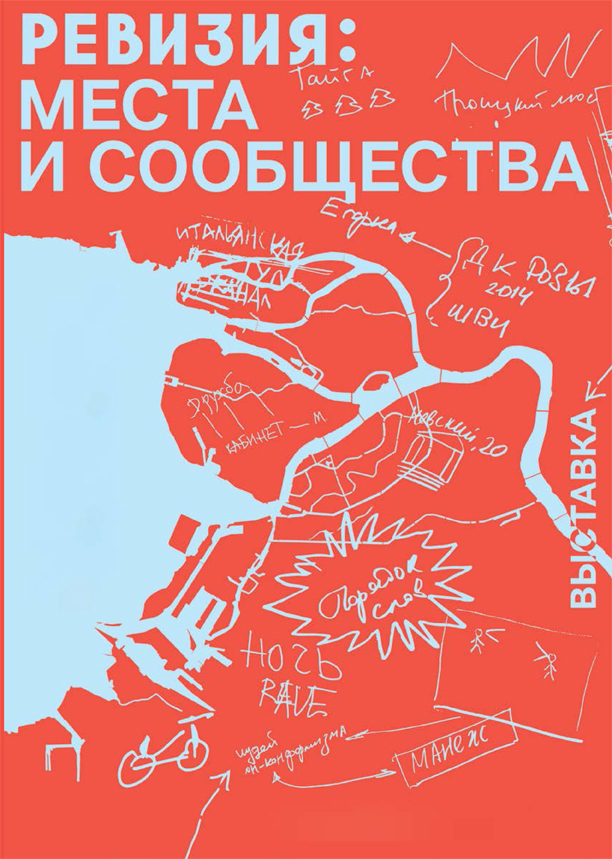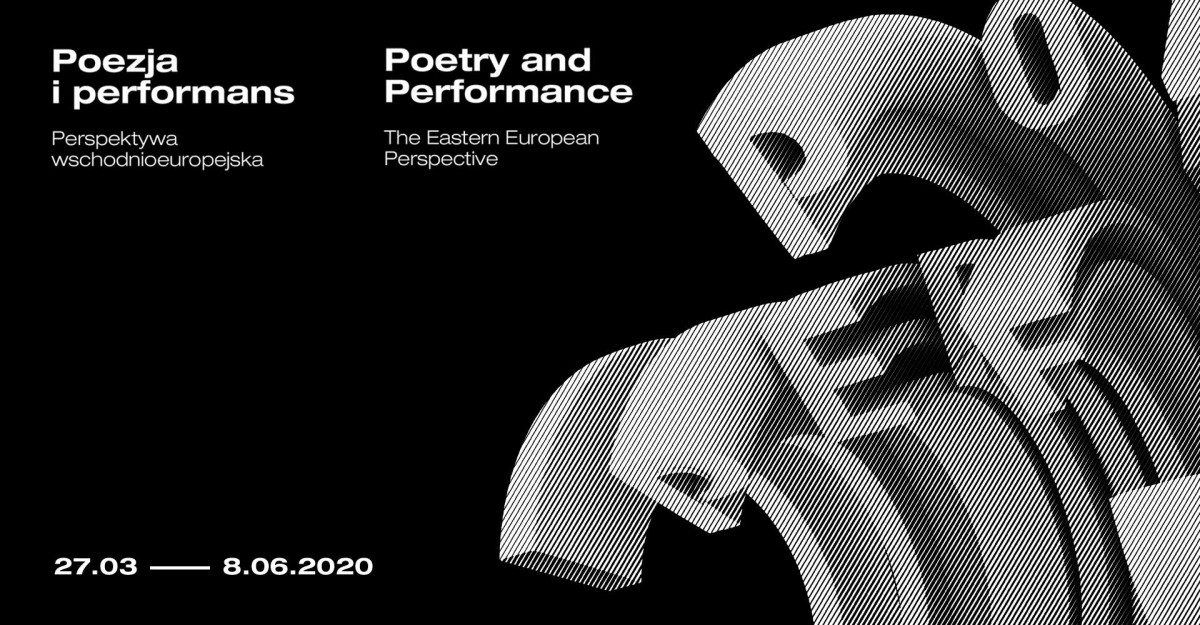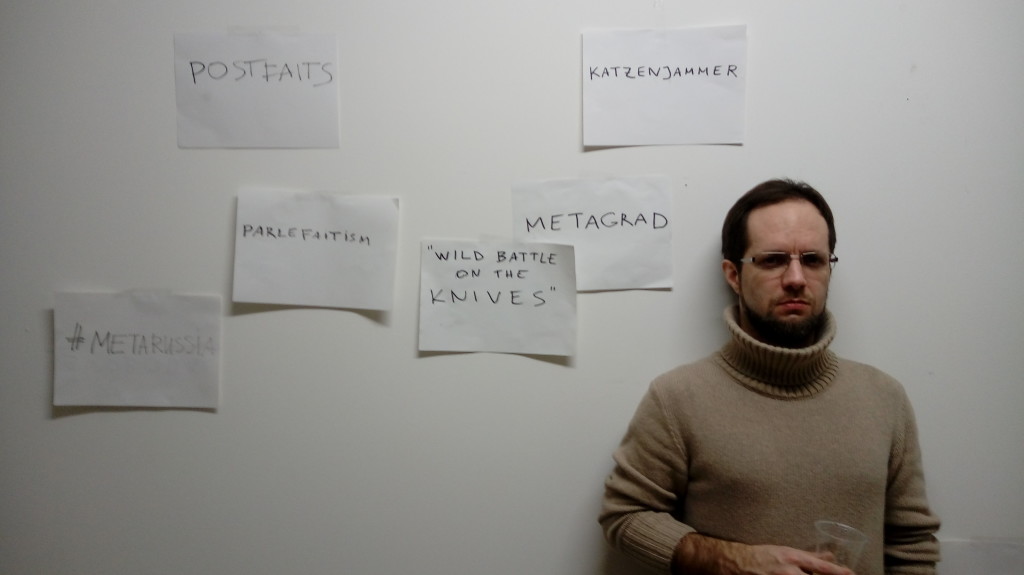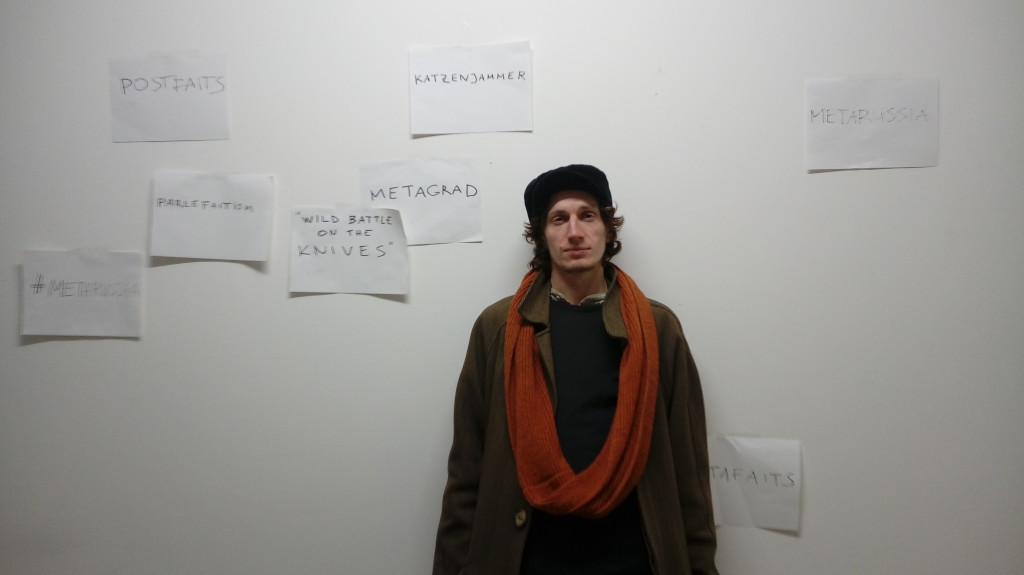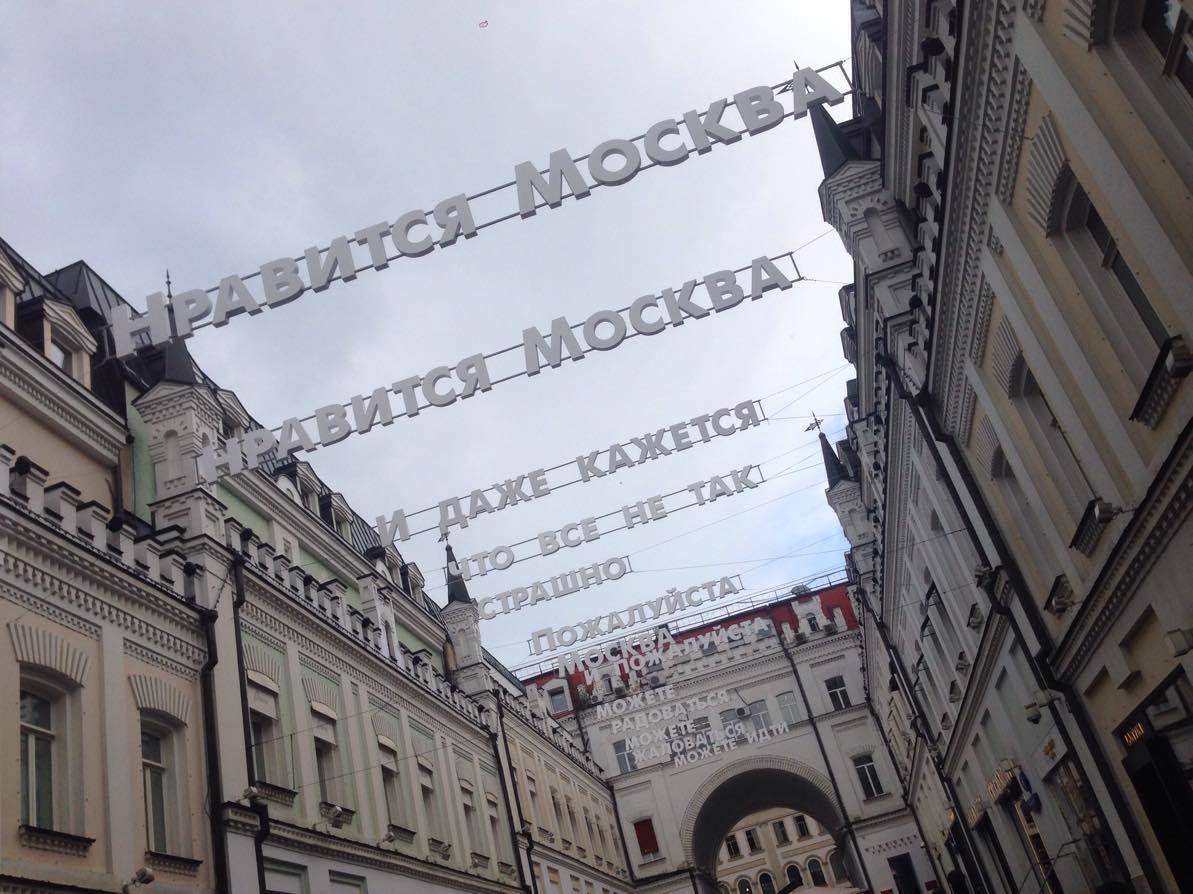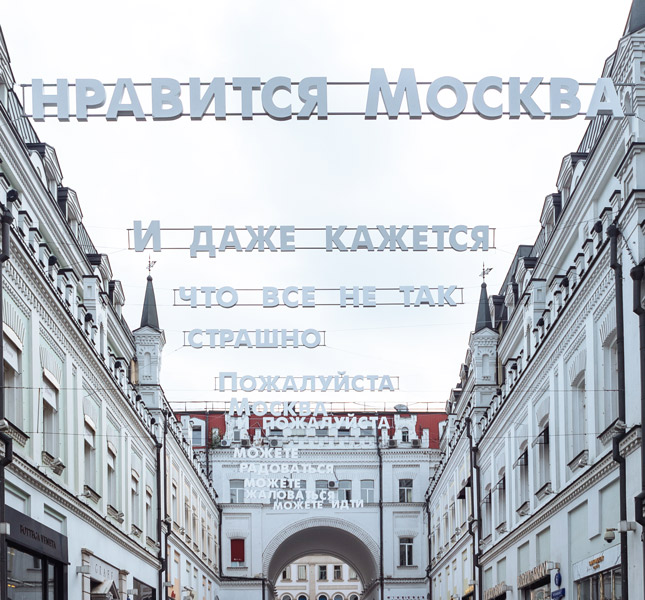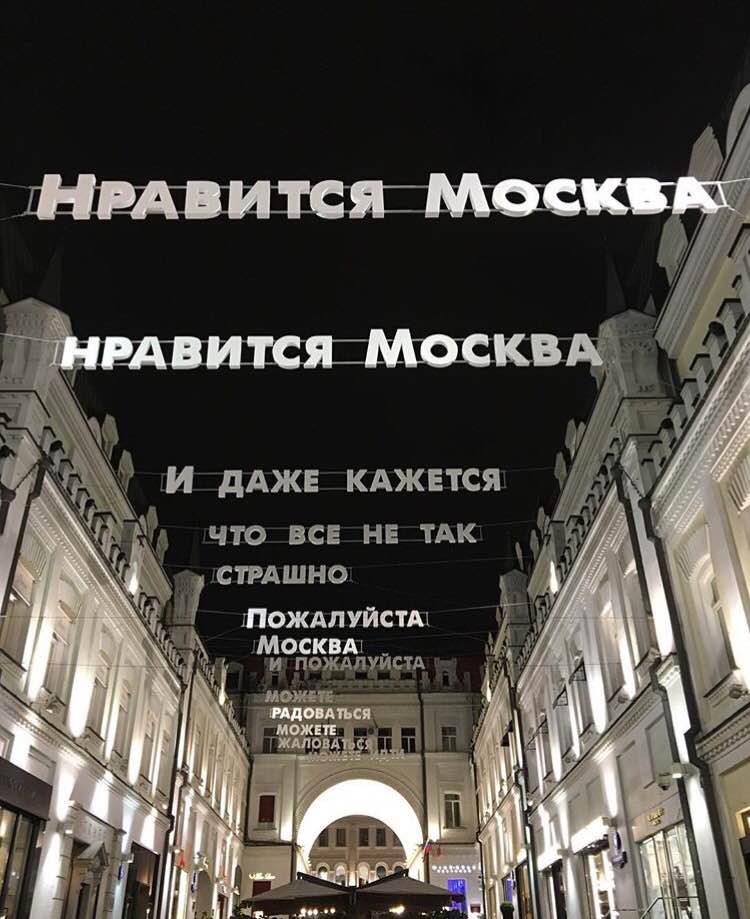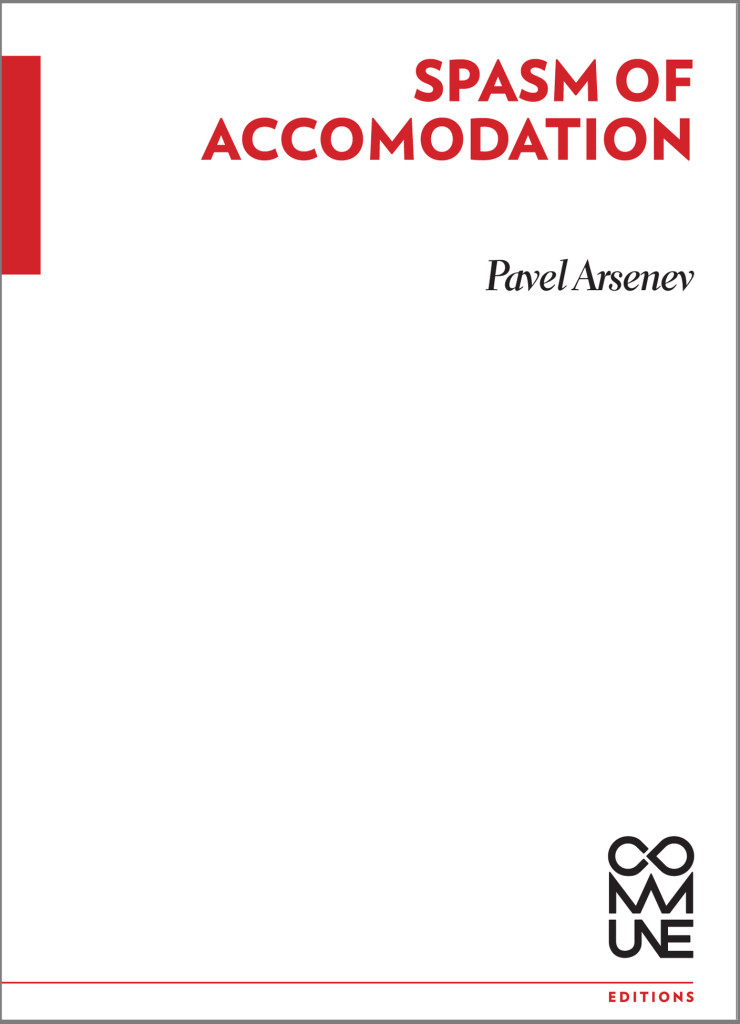RED STARS (2019) 4K Video, 01:08:47 min., Russian with English Subtitles
RED STARS is a film Axel Stockburger that engages with Alexander Bogdanov’s science fiction novel Red Star (1908), which envisions a utopian society on Mars and its contemporary reception in the context of contemporary renewed efforts to colonize Mars. RED STARS investigates central topics of Bogdanov’s pre-revolutionary socialist imagination, reaching from collectivity and identity, over gender-relations, art, science towards economy and education, through the use of interviews with Alexander Malinosky, Alla Mitrofanova, Pavel Arseynev, Anastasia Gacheva, Anna Gorskaya and Boris Klushnikov.
«Марсианский язык» Богданова часто возводят к «революционной ситуации в языкознании», когда вопреки уже имевшейся прививке переводов Соссюра стремились мыслить и проводить «языковую политику». Однако можно в нем видеть и наследника двух традиций «поисков совершенного языка» — сенсуалистской и рационалистической. В 1 случае это возможно благодаря тому, что марсианский язык «звучен и красив, не представляет никаких особенных трудностей в произношении» (Б. начинает описание языка, как и полагается, с фонетики), во 2 же – благодаря «простоте его грамматики и правил образования слов», которые «вообще не имеют исключений», что явно наследует многочисленным проектам «универсальной грамматики», чья простота-без-исключений порой оказывалась хуже воровства (чем можно называть омонимию естественных языков). Если грамматический род оказывается для Б. «очень не важен», то «различия между теми предметами, которые существуют, и теми, которые еще должны возникнуть», напротив грамматикализируются. Такой перенос акцента с генетических аспектов языка на прагматические возможности действия с / над вещами уже связывает Б. скорее с производственничеством («вещью, обучающей участию») и историческим материализмом в принципе.
Впрочем, этот перевод стрелок с истоков на изменчивость произошел не без влияния уже советского лингво-эпистемологического контекста, в котором за идеал единого языка отвечал Марр и этот идеал был отнесен из прошлого в будущее, когда «различные диалекты сблизились и слились в одном всеобщем языке». Уже после Б. и под его собственным влиянием братья Гордины предложат логический язык, в котором тоже нет ни местоимения «она», ни родительного падежа — как «пережитка генетизма (происхожденчества), фетишизма и мифологизма», поскольку такой язык «не спрашивает ‘откуда?’, он спрашивает ‘куда?’, ‘к чему применить?’ — к будущему!».
Лингвистика Б. оказывается как бы между поисками «совершенного» и чаще всего «единого» языка и радикальной пластичностью человеческого мозга, между Марром и Гордиными. Марр еще в сущности очень интересовался историей языка и черпал многие черты его будущего устройства в его (глоттогенетическом) прошлом, но уже предлагал контр-генетический и контр-интуитивный ход с пролетарским языком, понятным «пролетариям всех стран», но не буржуазии тех же наций (в чем возможно, под «языком» понималась скорее идея беспрепятственной коммуникации, радио-интернационала). Гордины были уже полностью развернуты к артифициалистской перспективе (пере)изобретения человеком самого себя, в которой этот конструктивистский в сущности раж охватывал не только язык, но и биологию человека, физику планеты и даже астрономию солнечной системы.
Язык был только одним и отнюдь не центральным инструментом «конструирования» (социального, идентичностей или что там теперь еще конструируют) – как это станет позже для постструктуралистской/феминистской критики — в сущности столь же непримиримой к прежнему положению дел, сколь и переоценивающей роль «лингвистического программирования» в его изменении. (Так Барт называл язык фашистом, оказываясь верным последователем Соссюра и одновременно советской идеи «языковой политики», т. е. того, что превышает говорящего, но требует тем большего сопротивления на письме).
Тот же Леруа-Гуран, у которого с Марром немало общего, понимает язык не как универсальный инструмент (конструирования реальности), но как только один из операторов технической изобретательности человека наряду с другими физическими инструментами и материальной средой. Именно такая техно-антропология языка предвосхищается утопизмом таких последователей лингвистики Б. как Гордины, как и многие другие пост-гуманистические сюжеты, о которых идет речь в фильме.
![Ppt0000000 [òîëüêî ÷òåíèå]](http://arsenev.trans-lit.info/wp-content/uploads/2019/09/15.jpg)
![Ppt0000000 [òîëüêî ÷òåíèå]](http://arsenev.trans-lit.info/wp-content/uploads/2019/09/15_.jpg)
